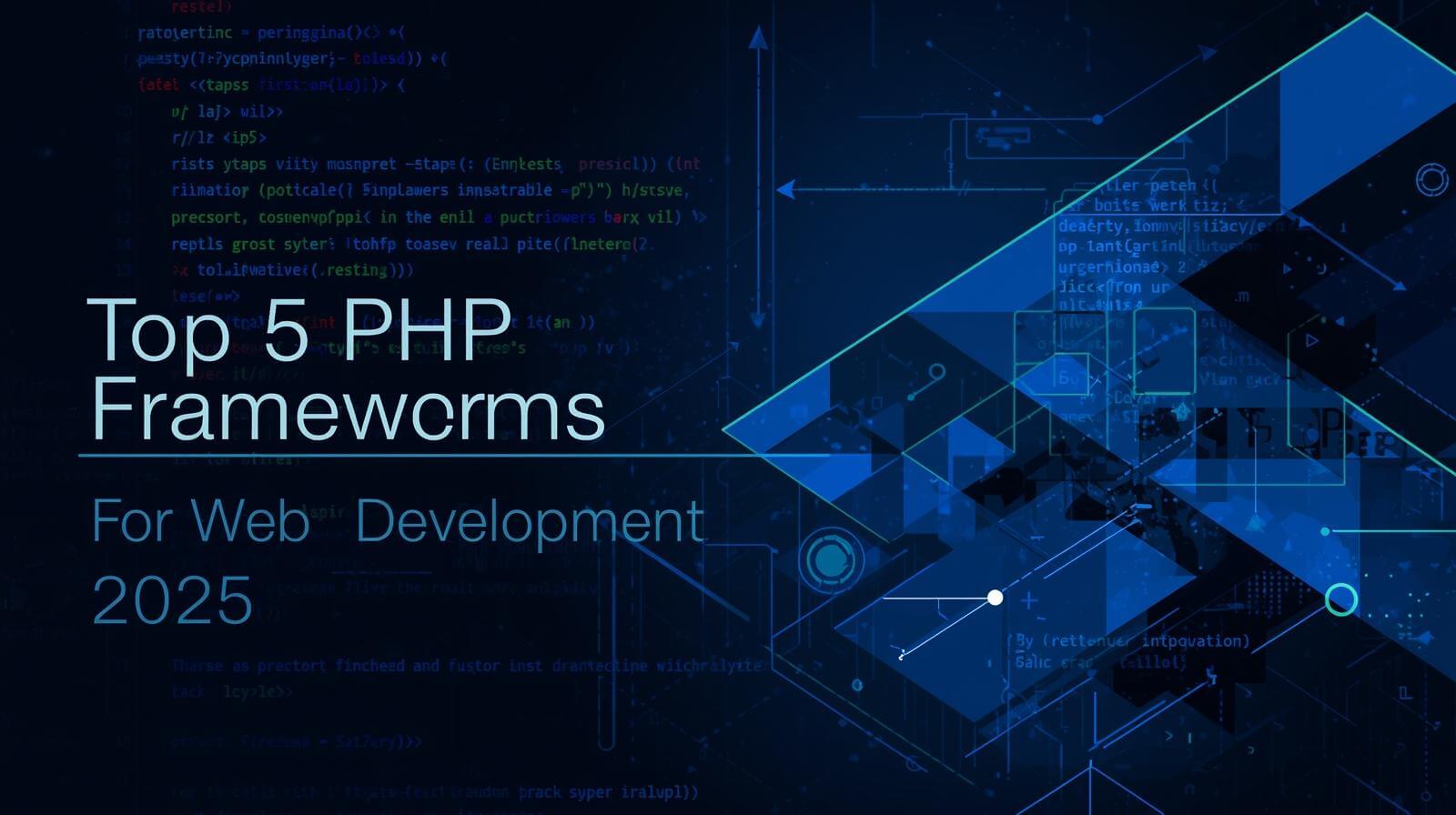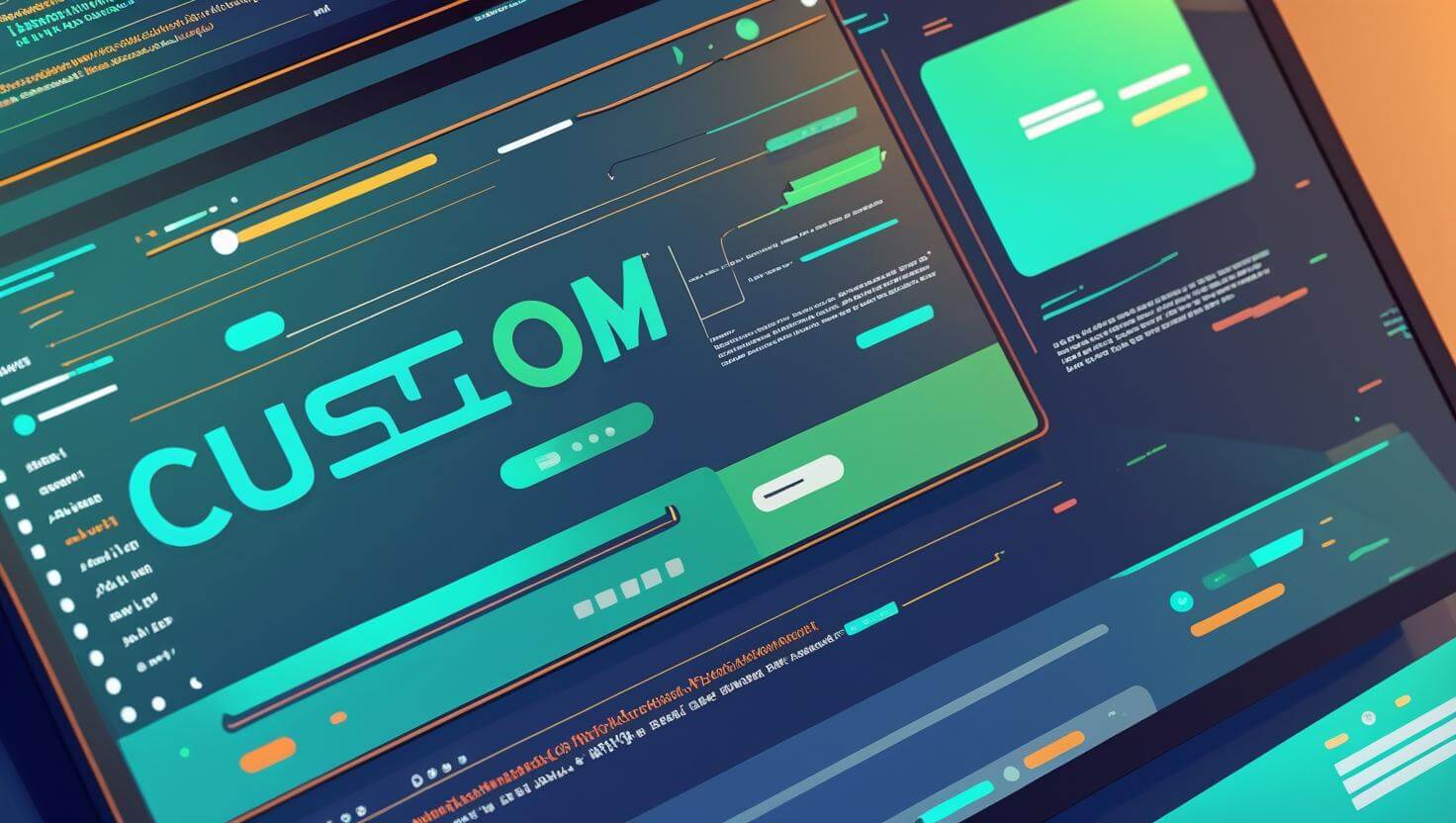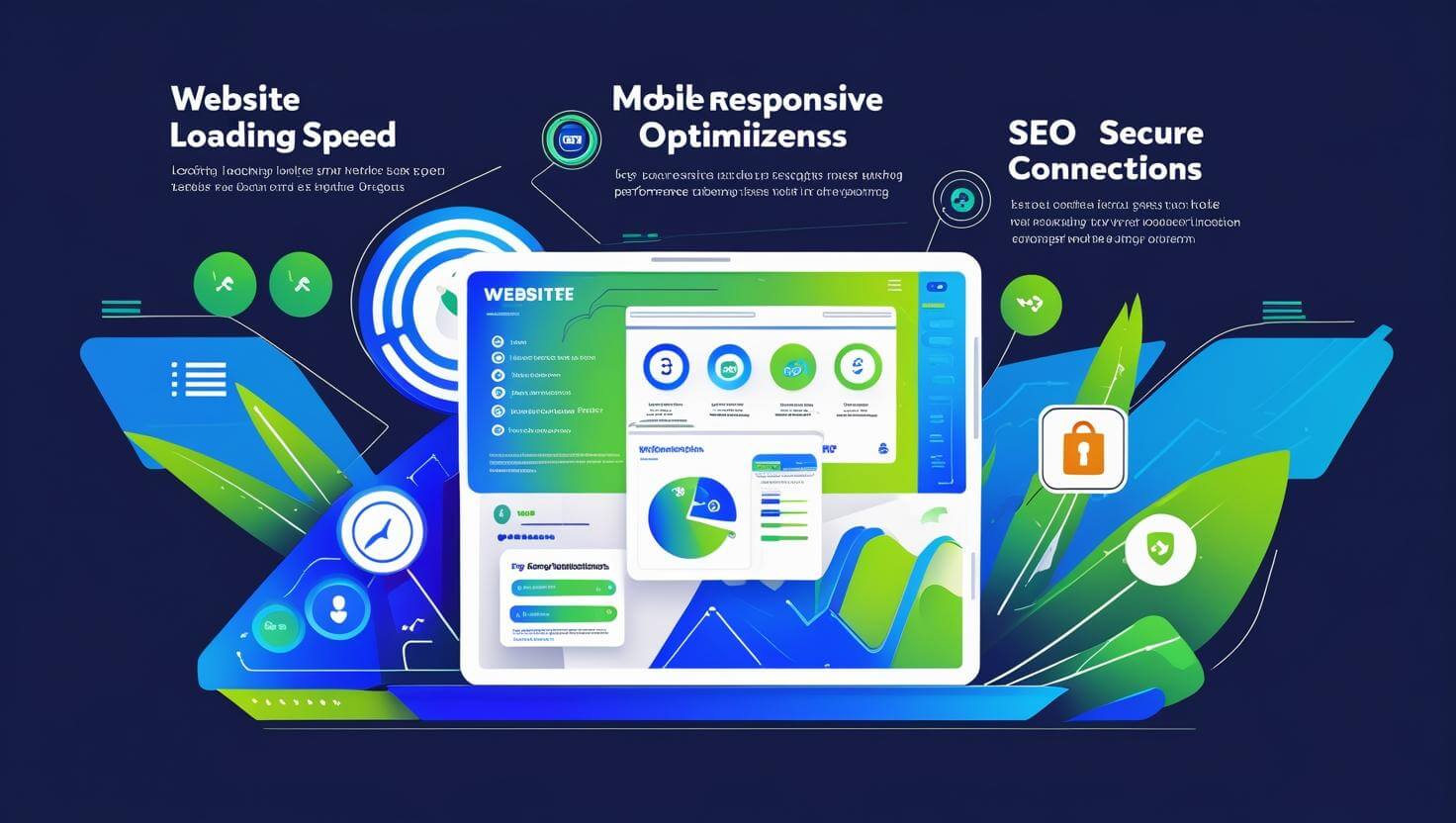
In 2025, PHP frameworks continue to drive modern web development—balancing elegance, performance, scalability, and developer productivity. Whether you're crafting enterprise apps or lightweight APIs, here's a curated list of the top 5 PHP frameworks shaping the landscape today:
1. Laravel – The Full-Stack Favorite
Laravel remains the dominant PHP framework in 2025, praised for its expressive syntax, rich ecosystem, and built-in tooling like Artisan, Eloquent ORM, and Blade templating. Its vibrant community, extensive package ecosystem, and continual maintenance (currently version 12 with Long-Term Support, or LTS) make it a go-to choice for applications ranging from small startups to complex enterprise systems.
Use Cases: SaaS platforms, e-commerce, enterprise apps.
2. Symfony – Enterprise-Grade Flexibility
Symfony shines in enterprise contexts thanks to its modular design and reusable components. It's the backbone of major platforms like Drupal—offering flexibility, customizability, and robustness. Though its learning curve is higher, Symfony's architectural strength and reliability make it ideal for high-complexity, scalable applications.
Use Cases: Large-scale systems, enterprise portals, high-complexity applications.
3. CodeIgniter – Lightweight & Beginner-Friendly
CodeIgniter remains favored for its simplicity, speed, and minimal configuration. It's well-suited for rapid development and projects where resource efficiency is key. Its clear documentation and ease of setup make it a strong choice for beginners and small projects alike.
Use Cases: Blogs, simple business sites, MVPs, APIs.
4. Yii (Yii2) – High Performance & Productivity
Yii is recognized for its performance, solid security features, and rapid development tools like Gii, its integrated code generator. Its strong caching capabilities and built-in AJAX support make it ideal for high-traffic and performance-critical applications.
Use Cases: E-commerce, forums, content management systems, and dynamic platforms.
5. Phalcon – Blazingly Fast via C Extension
Phalcon stands out by offering unmatched performance—it's implemented as a C extension for PHP, delivering low-overhead, high-speed execution. Perfect for real-time applications or systems needing maximum throughput, it even provides familiar PHP-like syntax despite its low-level.
Use Cases: Real-time systems, high-load APIs, performance-critical platforms.
Each of these frameworks brings its own strengths to the table. Your ideal choice depends on your project’s scale, performance requirements, team expertise, and desired balance between development speed and architectural control.


